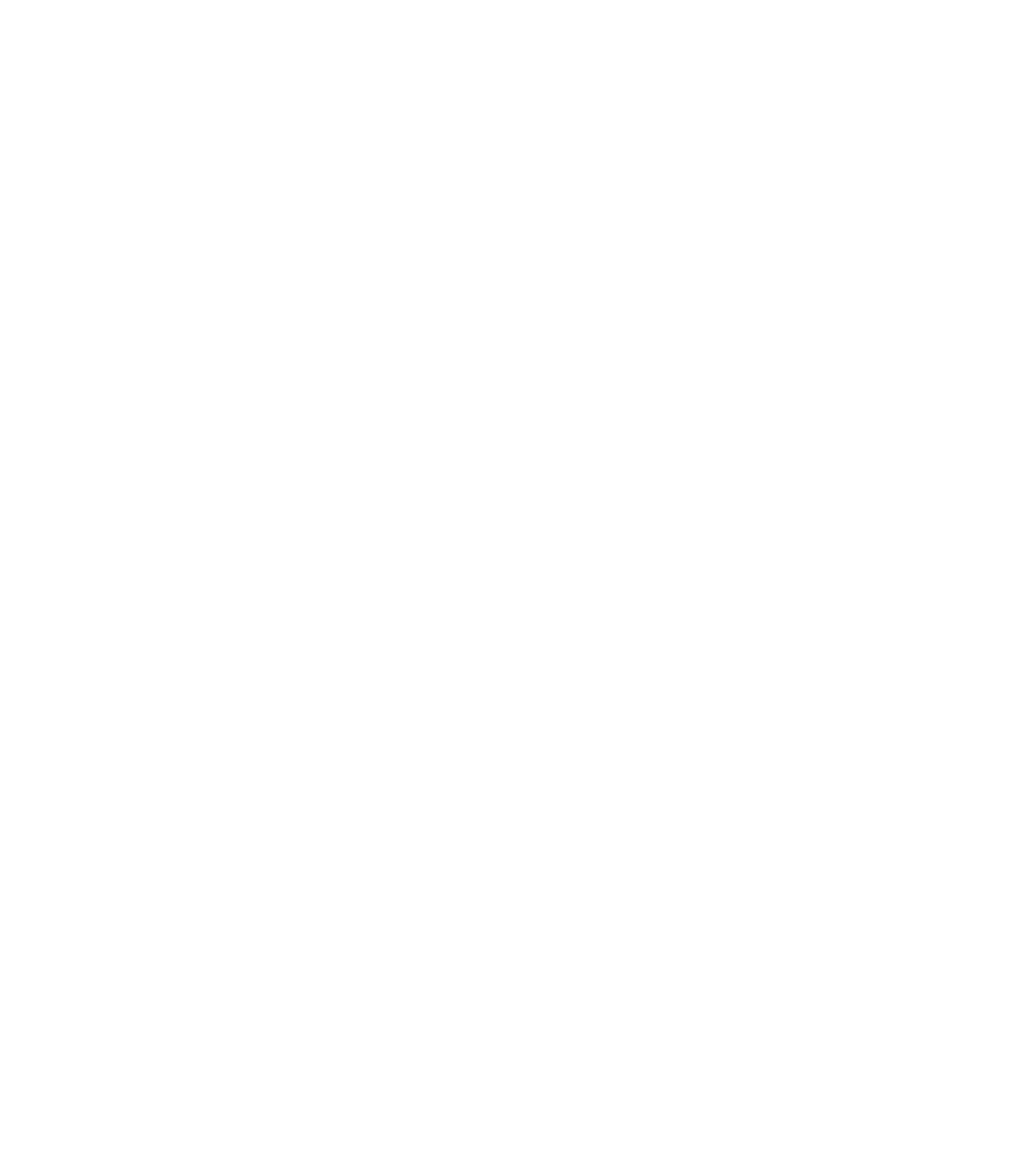Morning anxiety is a common problem that affects many people every day. It is a feeling of worry or apprehension that occurs when you wake up in the morning. People who experience morning anxiety have reported feeling stressed, agitated, and overwhelmed, which often leads to poor concentration throughout the day. Identifying and managing morning anxiety is essential to maintain good physical and mental health.
In this essay, we will explore 10 proven techniques for breaking the cycle of morning anxiety. These techniques range from practicing meditation and deep breathing exercises to speaking to a counselor or therapist. By following these techniques, you can significantly reduce the frequency and intensity of morning anxiety and improve your overall quality of life.
Common Causes of Morning Anxiety
Morning anxiety can be caused by a variety of factors, including stress, medical conditions, and poor sleeping habits. Identifying the root causes of your anxiety is essential to break the cycle. Here are some of the common causes of morning anxiety:
| Root Causes of Morning Anxiety |
| Stressful lifestyle and work-related pressure |
| Medical conditions such as asthma and panic disorder |
| Poor sleeping habits |
How Meditation and Deep Breathing Exercises Help
Meditation and deep breathing exercises are known to be effective in managing anxiety levels. These techniques help relax the mind and body and promote a sense of calm. When done regularly, these techniques can significantly reduce the frequency and intensity of morning anxiety.
Here are some tips for practicing meditation and deep breathing exercises:
| Tips for Practicing Meditation and Deep Breathing Exercises |
| Find a quiet and peaceful place |
| Choose a comfortable position |
| Close your eyes and focus on your breath |
| Count to 4 while inhaling and hold the breath for 7 seconds |
| Exhale for 8 seconds |
| Repeat for 10-15 minutes |
How Physical Exercise Helps
Physical exercise can release endorphins, which are known to improve mood and reduce anxiety levels. Exercise can help reduce stress, improve sleep quality, and promote an overall sense of well-being, making it an effective technique for breaking the cycle of morning anxiety.
Here are some examples of physical exercises that can help reduce morning anxiety:
| Physical Exercises for Managing Morning Anxiety |
| Yoga |
| Walking |
| Jogging |
| Cycling |
| Dancing |
How Cognitive-Behavioral Therapy (CBT) Helps
Cognitive-behavioral therapy (CBT) is a type of therapy that helps people identify and change negative thought patterns and behaviors. CBT is known to be effective in managing anxiety levels and improving overall mental health.
Here are some techniques used in CBT for managing morning anxiety:
| CBT Techniques for Managing Morning Anxiety |
| Identifying negative thinking patterns |
| Challenging negative thoughts |
| Practicing relaxation techniques |
| Developing coping strategies |
| Celebrating small victories |
How Aromatherapy Helps
Aromatherapy is an alternative therapy that uses essential oils to promote physical and mental well-being. Certain essential oils are known to reduce anxiety levels, making them an effective technique for breaking the cycle of morning anxiety.
Here are some essential oils that are commonly used in aromatherapy:
| Essential Oils for Managing Morning Anxiety |
| Lavender |
| Bergamot |
| Ylang-ylang |
| Rose |
| Frankincense |
How to Ensure a Peaceful Sleeping Environment
A peaceful and comfortable sleeping environment can significantly reduce the likelihood of morning anxiety. Creating a relaxing sleeping environment can help improve your sleep quality and promote an overall sense of calm.
Here are some tips for creating a peaceful sleeping environment:
| Tips for Creating a Peaceful Sleeping Environment |
| Keep your bedroom cool and quiet |
| Use comfortable bedding and pillows |
| Invest in a good quality mattress |
| Keep your bedroom clutter-free |
| Use dim lighting |
Conclusion
Morning anxiety can be a debilitating problem, but by identifying the root causes and using effective techniques such as meditation, physical exercise, aromatherapy, and CBT, its frequency and intensity can be significantly reduced. Ensuring a peaceful sleeping environment, practicing gratitude, and speaking to a counselor or therapist are also effective techniques for managing morning anxiety. It is essential to prioritize your mental health and well-being to lead a happy and fulfilling life.

